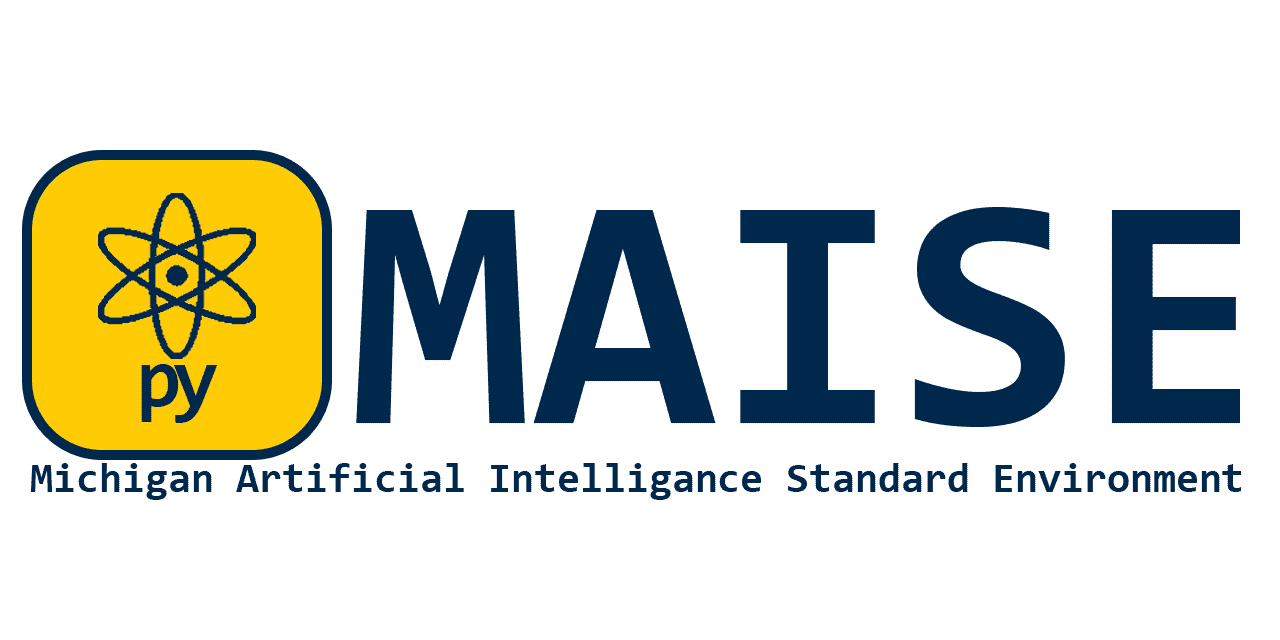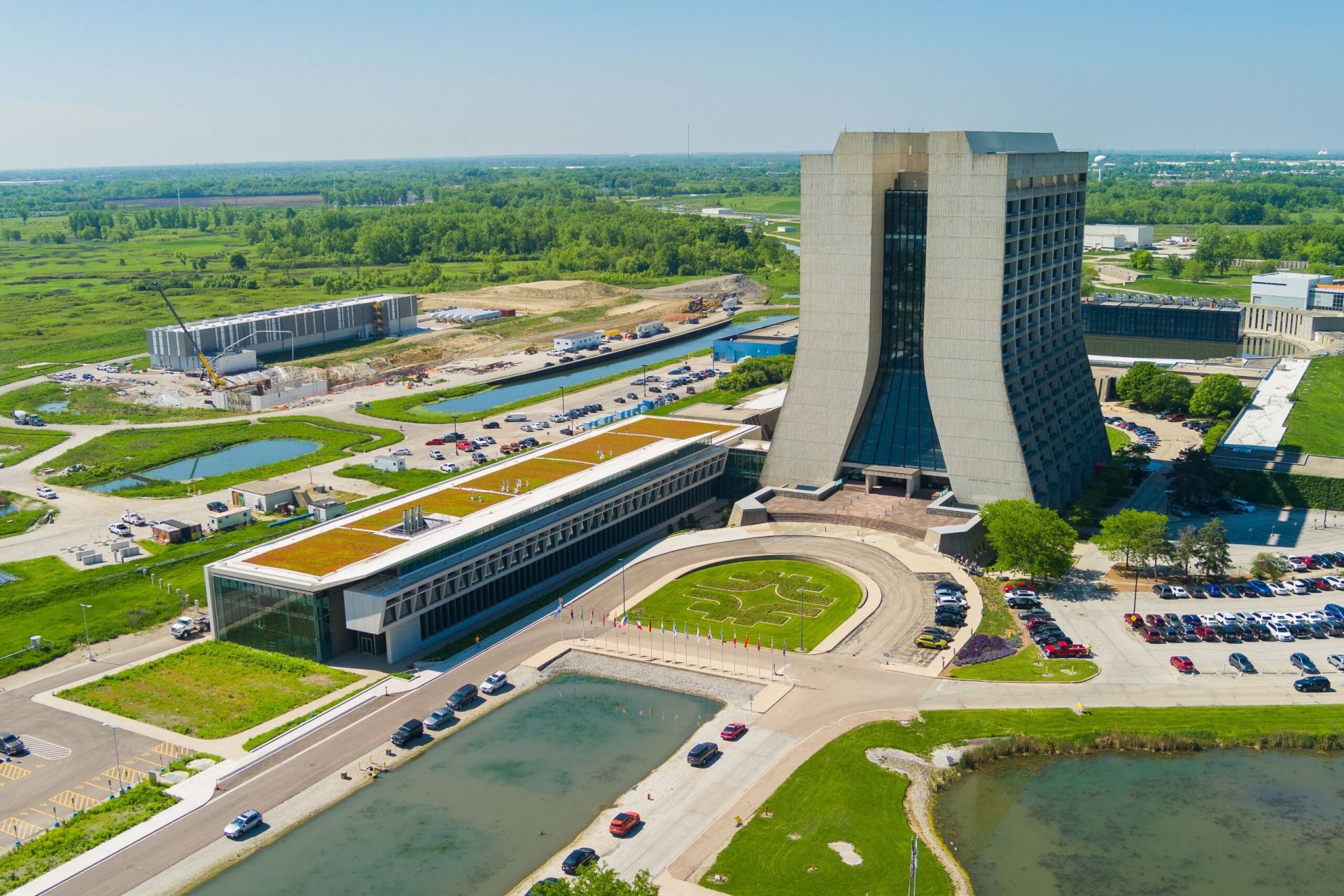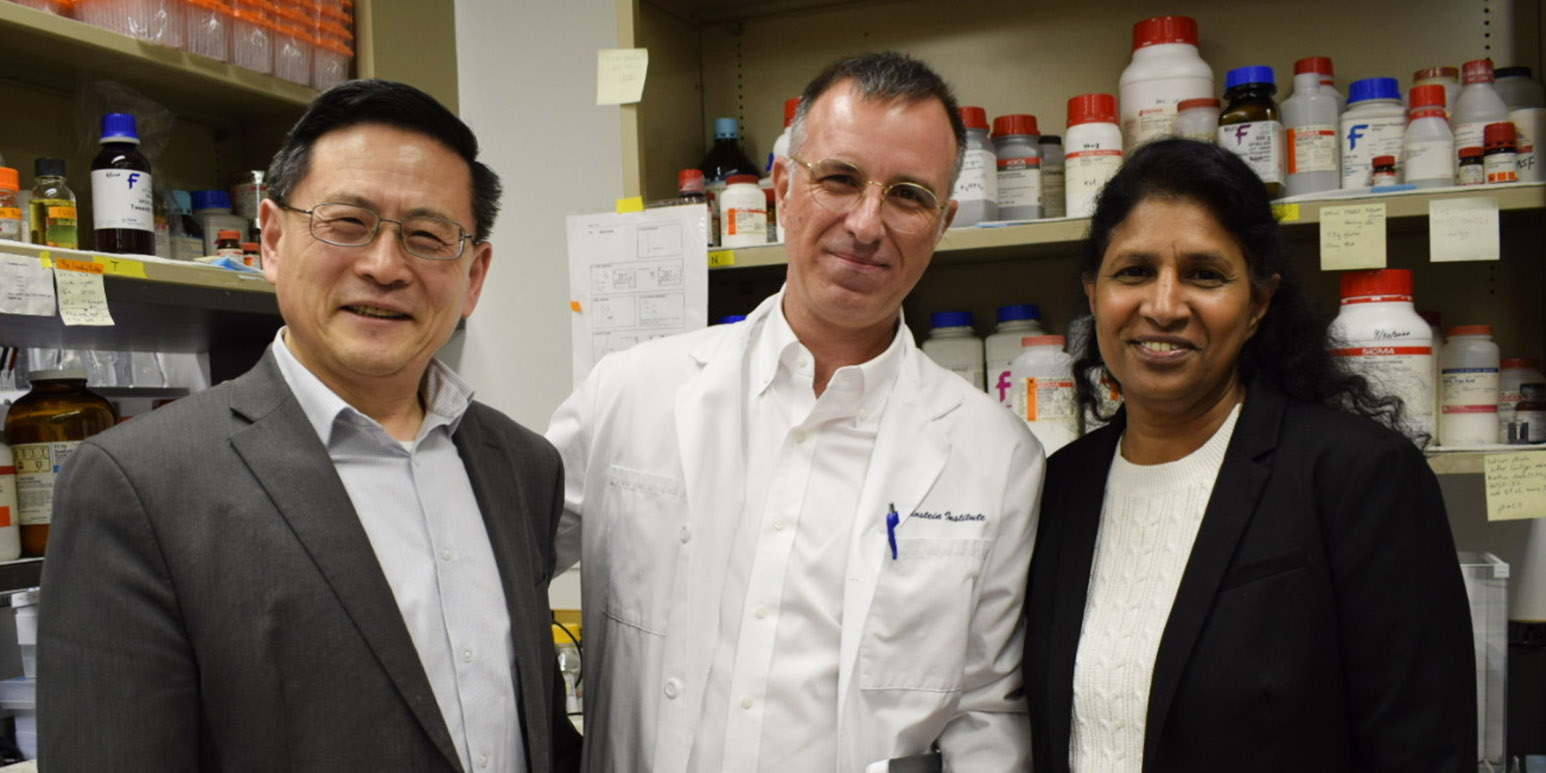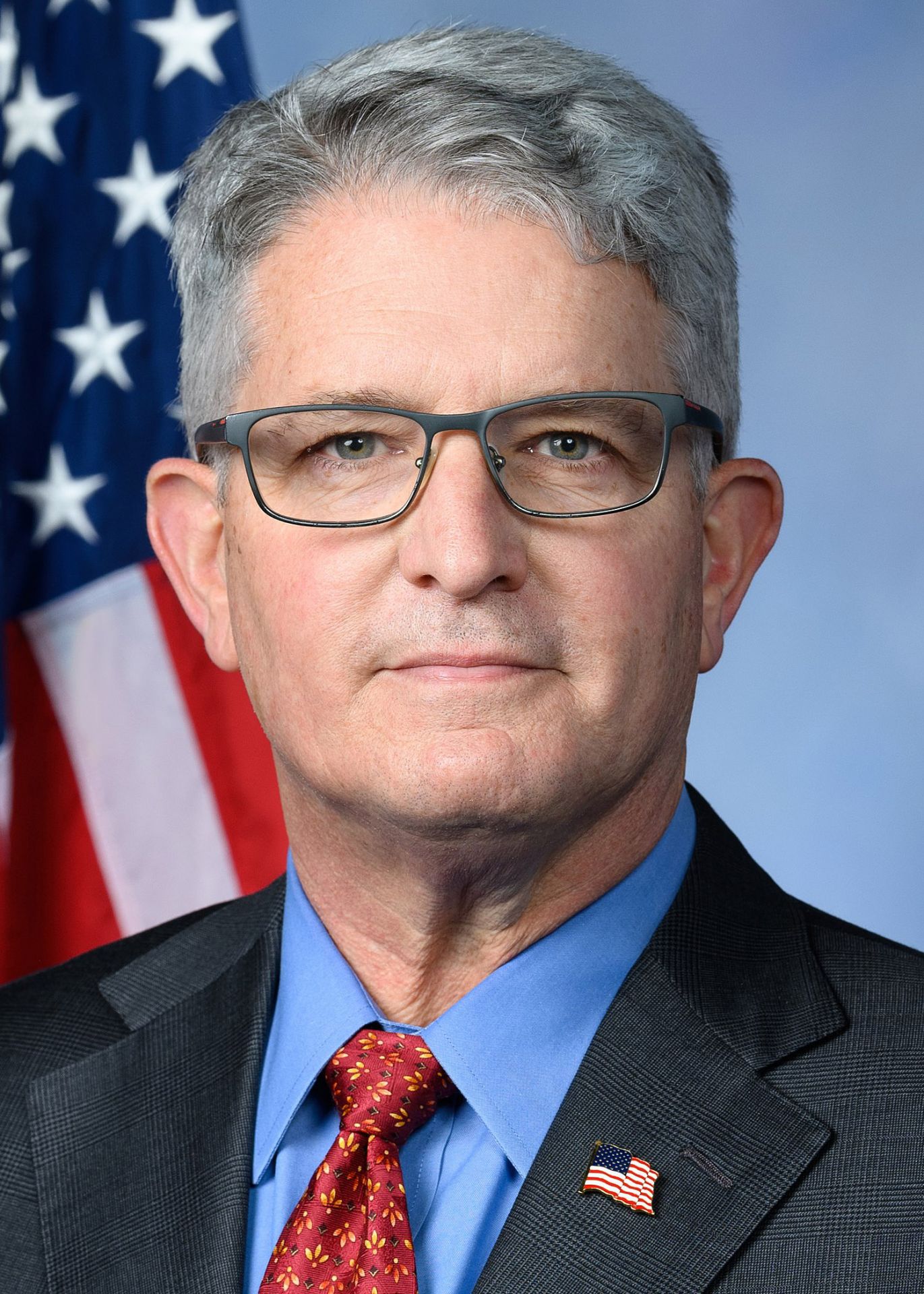The site of the Onkalo deep geological repository in Finland, with the Olkiluoto nuclear power plant in the background. (Photo: Posiva)
Finland’s Radiation and Nuclear Safety Authority (STUK) stated that if everything goes well, it can complete the assessment of the operating license for the country’s deep geologic repository for spent nuclear fuel “well before the end of the year.”
The Palisades nuclear power plant. (Photo: Holtec)
A Nuclear Regulatory Commission review board will hear oral arguments on February 12 on petitions concerning Holtec Palisades LLC.
The University of Tennessee-Knoxville's Alyssa Hayes. (Photo: UTK
University of Tennessee–Knoxville’s Department of Nuclear Engineering highlighted the Computational Research Access Network (CRANE) program in a recent article on its website. CRANE is a free online program “that teaches computational methods in nuclear fusion to students from underrepresented backgrounds,” said Alyssa Hayes, a nuclear engineering Ph.D. candidate at UTK. Hayes is the first chair of the board of directors of the CRANE nonprofit organization.
The Helen Edwards Engineering Research Center (low building on left) at Fermilab in Batavia, Ill. (Photo: Ryan Postel, Fermilab)
Fermi National Accelerator Laboratory’s Integrated Engineering Research Center, which officially opened in January 2024, is now known as the Helen Edwards Engineering Research Center. The name was changed to honor the late particle physicist who led the design, construction, commissioning, and operation of the lab’s Tevatron accelerator and was part of the Water Resources Development Act signed by President Biden in December 2024, according to a Fermilab press release.
Thea Energy, one of three fusion companies that have met early milestones in the design of a fusion pilot plant has opened a new headquarters facility in Kearny, N.J. (Photo: Thea Energy)
The Department of Energy announced six Fusion Innovative Research Engine (FIRE) collaboratives set to receive funding of $107 million on January 16. The six selected teams represent a first round of awards from a funding opportunity announcement released in May 2023 as part of the DOE Office of Fusion Energy Sciences’ (FES) goal of creating a “fusion innovation ecosystem.”
The Feinstein Institutes’ Ping Wang (from left), Max Brenner, and Asha Jacob Varghese will lead a study on treating radiation sickness using the human hormone ghrelin. (Photo: Feinstein Institutes).
The Feinstein Institutes for Medical Research, home of the research institutes of New York’s Northwell Health, announced it has received a five-year, $2.9 million grant from the National Institutes of Health to investigate the potential of human ghrelin, a naturally occurring hormone, as a medical countermeasure against radiation-induced gastrointestinal syndrome (GI-ARS).














